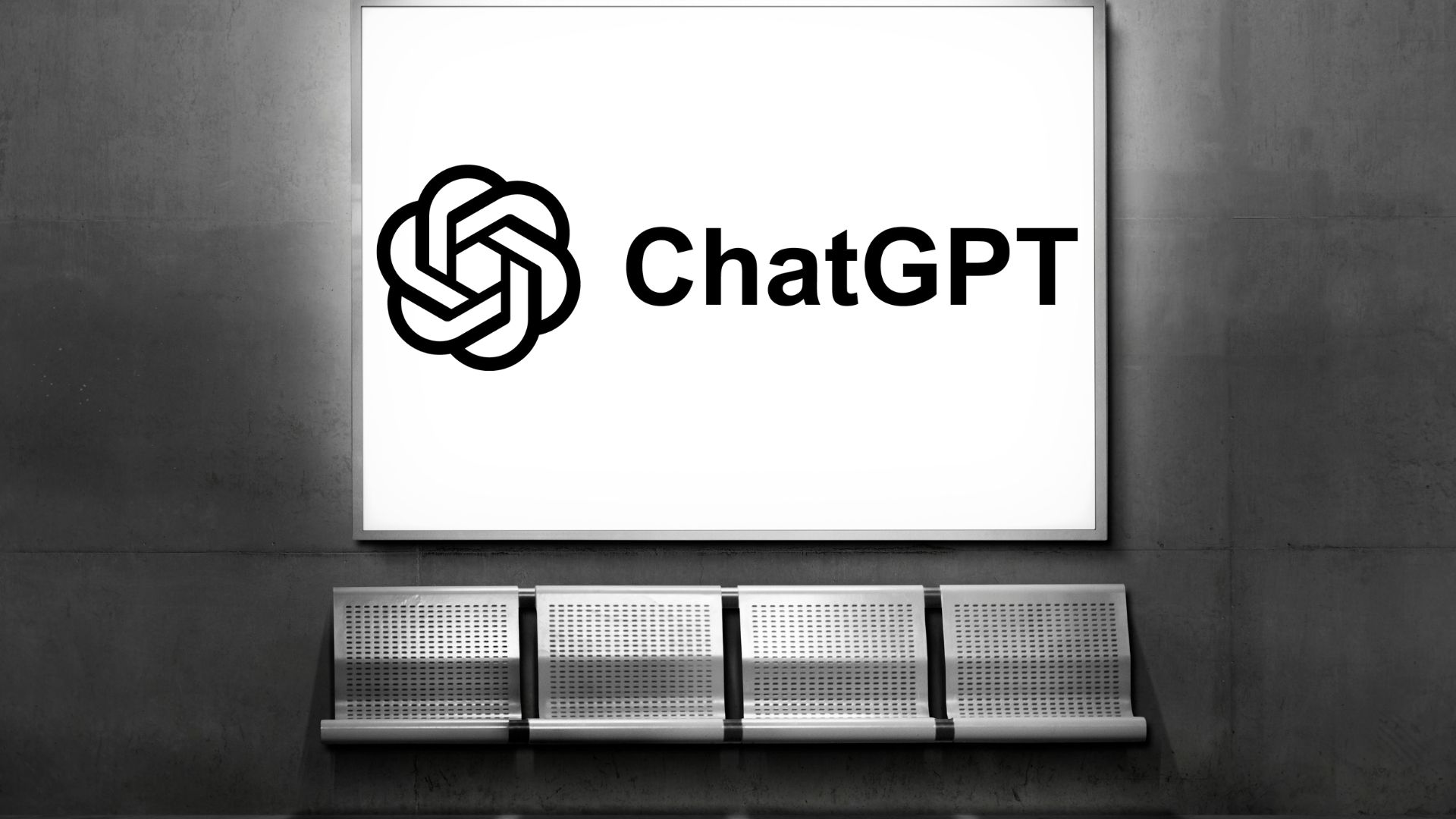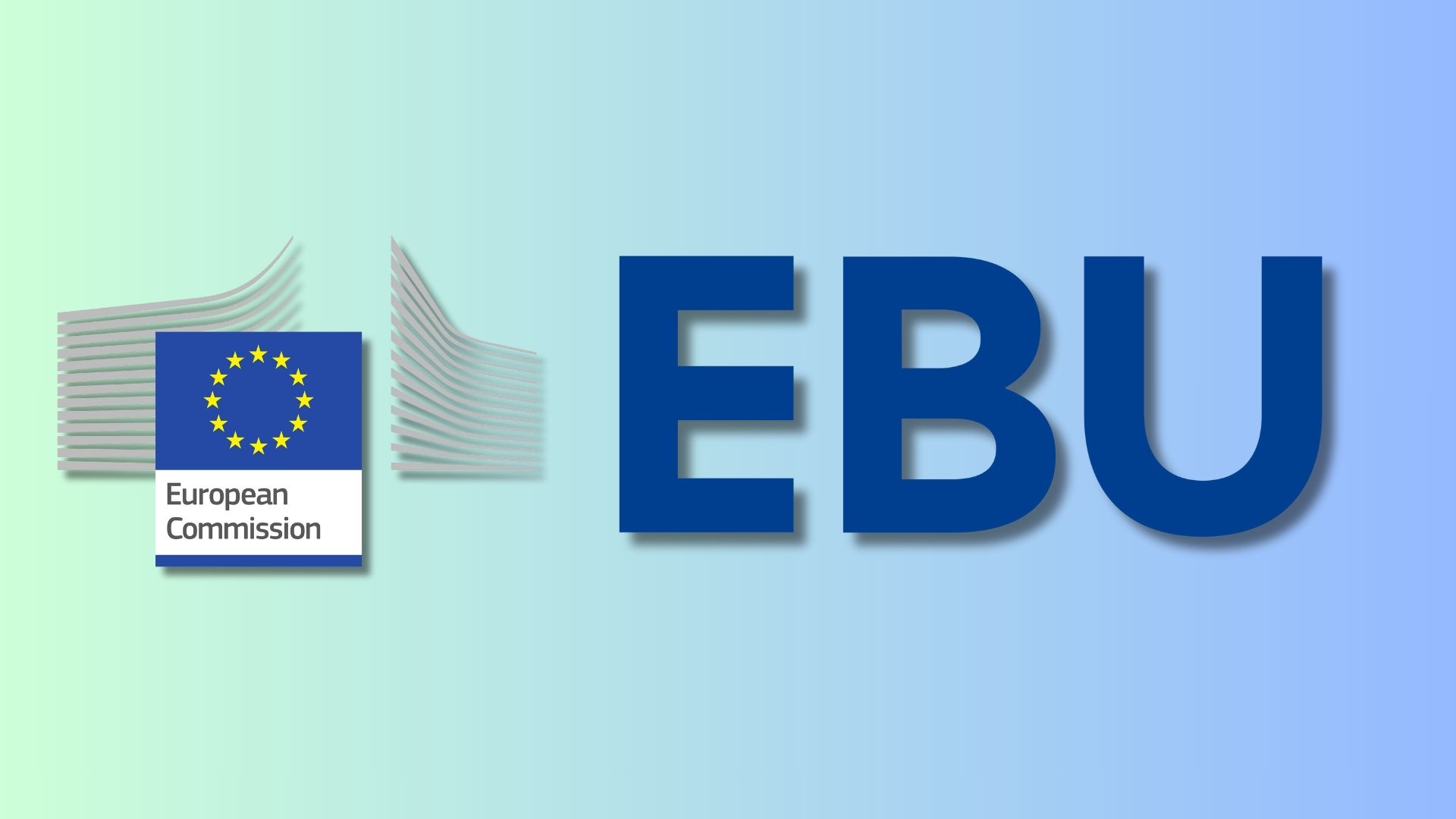Advertising inside ChatGPT marks a shift in where commercial messages appear, not a break from how advertising works. AI systems have shaped search, social media, and recommendations for years, but conversational interfaces make those decisions more visible during moments of exploration.
Unlike search or social formats, conversational advertising operates inside dialogue. Ads appear because users are already asking questions or seeking clarity. Relevance is built through context rather than keywords, changing when information is encountered rather than how decisions are made.
In healthcare and clinical research, this distinction matters. Conversational ads cannot enroll patients directly, but they may raise awareness earlier in patient journeys and shape later discussions with clinicians and care providers.
Early rollout will be limited to free or low-cost ChatGPT tiers, likely skewing exposure towards patients and caregivers. As with earlier platforms, sensitive categories may remain restricted until governance and safeguards mature.
The main risks are organisational rather than technical. New channels will not fix unclear value propositions or operational bottlenecks. Conversational advertising changes visibility, not fundamentals, and success will depend on responsible integration.
Would you like to learn more about AI, tech, and digital diplomacy? If so, ask our Diplo chatbot!









